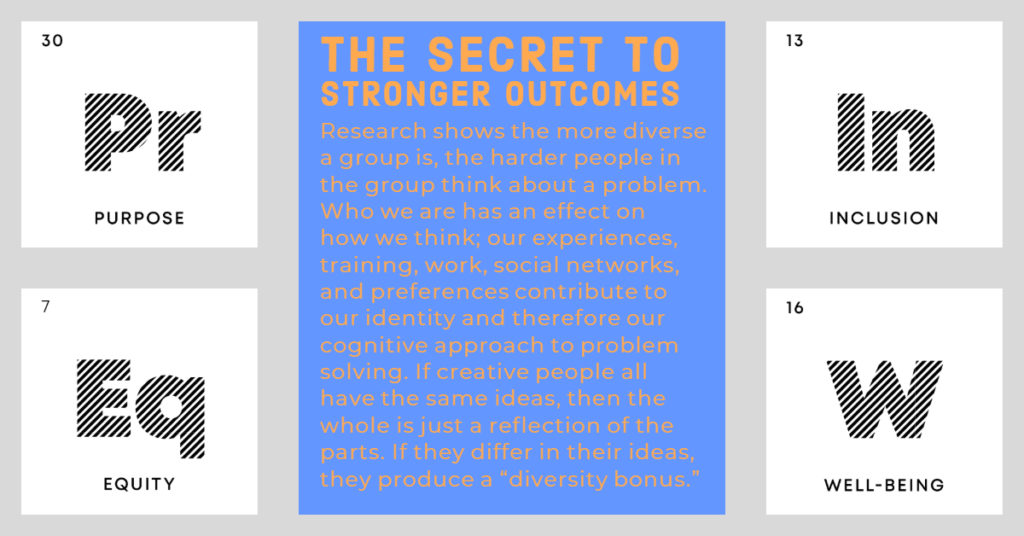
If you have seen my recent State of the School address, you know about the work performed by the Turning Point School Board of Trustees in long-range strategic planning and financial stewardship, as well as support and evaluation of the Head of School. This past weekend, eight of our Trustees and I attended the annual California Association of Independent Schools’ Trustees/Head of School conference, learning about topics ranging from new models of school leadership to legal issues concerning schools, to risk management, to fundraising strategies.
Additionally, capitalizing on the opportunity to share Turning Point’s effective governance practices, Board President Robert Friedman and I gave a presentation on strategies Trustees can employ to uniquely support the success of heads of school. I also presented alongside Dr. Rob Evans, a highly-regarded national figure in independent school education, about the psychological challenges of school leadership.
As one of our Strategic Priorities‘ “desired outcomes” is to “no longer be the ‘best-kept secret,'” I was honored to promote Turning Point’s expertise in these well-attended and positively-praised workshops. You can be sure that many heads of schools and Trustees throughout the state are impressed by Turning Point, and not incidentally, many people complimented our website and rebranding.
The conference always highlights current research in areas pertinent to education and the future of schools. During one keynote address, University of Michigan Professor of Complex Systems, Political Science, and Economics Dr. Scott Page explored poet Wendell Berry’s seemingly contrary assumption that what’s good for the world is good for us in his talk, “Leveraging Diversity.” Dr. Page demonstrated that diversity in problem-solving results in stronger performances and results. He presents overwhelming evidence that teams with different kinds of thinkers outperform homogenous groups on complex tasks, leading to these “diversity bonuses.”
Research shows the more diverse a group is, the harder people in the group work to understand and solve a problem. Who we are has an effect on how we think; our experiences, training, work, social networks, and preferences contribute to our identity and therefore our cognitive approach to problem-solving. If creative people all have the same ideas, then the whole is just a reflection of the parts. If they differ in their ideas, they produce this “diversity bonus.”

Regarding schools, Dr. Page advises us to avoid the siren call of sameness among community members and leaders, striving instead for experiential diversity, providing multiple opportunities for students to find pursuits they love and want to explore through new activities and ideas. Further, Dr. Page challenged us as school leaders to consider the ways in which in our school communities might possess lingering habits and cultural expectations that can make others feel uncomfortable or left out. When we aren’t afraid to examine and challenge our institutional comfort level, we are able to employ what Silicon Valley veteran Kim Scott calls “radical candor” in her eponymous book. Radical candor combines “caring personally” with “challenging directly,” and it creates a sweet spot that engenders trust and willingness to risk.
This compelling talk on the power of diversity to solve complex problems is well timed as we prepare for Dr. Derrick Gay’s return to campus later this month. He will work with our faculty and staff on our Professional Development days, February 19-20, to further our development of inclusive curriculum and equitable culture at Turning Point. Additionally, he will meet with parents on February 21 to discuss similar topics. Dr. Gay has been an incredibly valuable and helpful partner for Turning Point this year, and having the opportunity to host him several times throughout the year has allowed us to build both the trust and willingness to risk that is required for this critical work.
As always, I am grateful for opportunities to continue to deepen my scope of knowledge and understanding as a Head of School, through conferences such as the Trustees/Head of School Conference, formal and informal gatherings of other school Heads, and the opportunity to welcome experts like Dr. Gay into our community. It is even more gratifying when I can share those opportunities with colleagues, Trustees, parents, and students. I look forward to continuing to explore the evolution of Turning Point School with all of you, and I am thrilled to be part of a community that not only embraces positive change, but thrives on it.
Warmly,
Laura
Dr. Laura Konigsberg
Head of School
lkonigsberg@turningpointschool.org


































